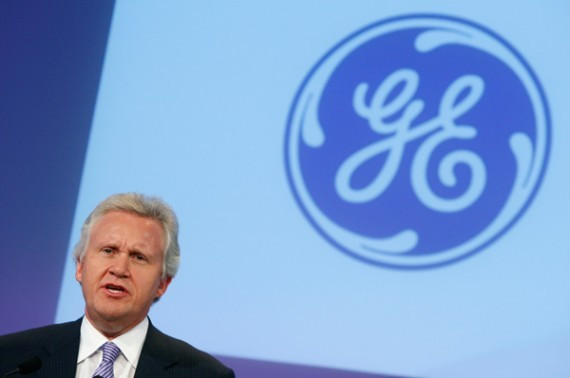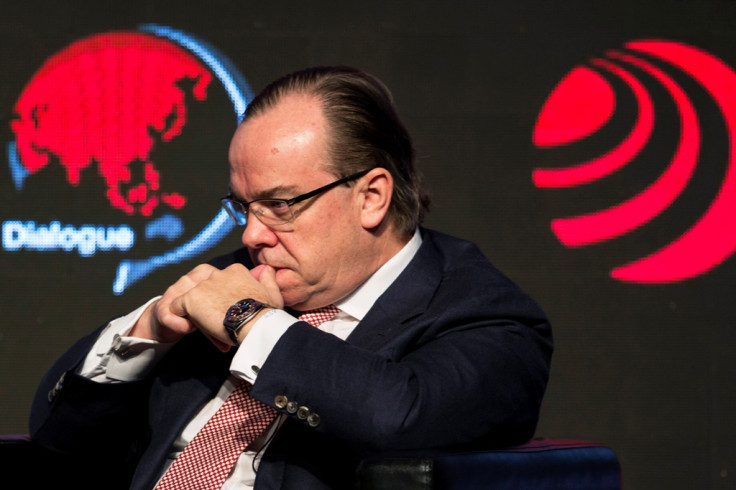Stefan Stern: Actions of HSBC boss Stuart Gulliver show we must reject heroic leadership
Leaders are watched, more than perhaps they realise, or would like. This is one reason why their behaviour matters. Whether they know it or not, they are setting an example. If they have bad manners, display mood swings or questionable ethics, it will be known.
Leaders set the tone and the moral climate. You cannot expect employees to behave better or work harder than a highly paid boss. If he or she is doing a good job, others raise their game. If not, colleagues' performance may sink to the lowest level they think they can get away with.

Given the role of the leader is so central, with so much weighing upon it, the extent to which they are sometimes portrayed as heroic soloists is absurd. Leadership has to be a team sport. No chief executive "runs" the company on their own, even though this is the verb that gets used again and again.
In large organisations, the work is carried out by hundreds or thousands of people, most of whom the CEO does not know and may never meet. At GE, Jeff Immelt says a central part of his job is to know his top managers.
He explained just that in an interview for the Wharton Business School two years ago: "If you want to manage a company as big as GE, you've got to know the top 200 to 300 people really well. The only way I can run GE well is if I handpick the top couple of hundred people. They have to be a manifestation of the company, its values and my values. You need to have this unique ownership of the senior leadership of the company."
Henry Mintzberg, the academic and writer, is perhaps the world's leading debunker of misguided notions of heroic leadership. The other day he wrote: "Say 'leadership' and you invoke the image of an individual – at the limit, the great white knight riding in on a great white horse to save us all (even if headed into a black hole).
"Everyone else is a follower. Even if the intention of the leadership is to empower other people, its effect can be to disempower them. Do we really want a world of followers?"
Mintzberg suggested that, rather than leadership, it was "communityship" that we needed. Successful businesses and organisations manifest communityship and you recognise it "when you walk into an organisation and are struck by the energy in the place, the personal commitment of the people and their collective engagement in what they are doing".
He added: "These people don't have to be formally empowered because they are naturally engaged. The organisation respects them so they respect it. They don't live in mortal fear of being fired en masse because some 'leader' hasn't made his or her numbers. Imagine an economy made up of such organisations."
HSBC boss sets a poor example
There have been further and more depressing revelations about what has been going on at HSBC, including the news that current chief executive Stuart Gulliver had sheltered £5m of his own money in a Swiss bank account, hosted by a Panamanian financial vehicle.
This was done, we learned, to prevent potentially jealous colleagues from finding out about the size of his bonuses. Not illegal, naturally. But what a way to behave. What an example to set. Gulliver is now in charge of "running" HSBC.
What hope is there for a thorough clean-up at the bank when the person at the top has apparently personally approved of and exploited the most elusive form of offshore banking? This is not the much-vaunted, healthy transparency we are supposed to be striving for.

The lack of sanction, or punishment, for wrongdoing in the finance sector has been perhaps the most remarkable aspect of the post-crash years. Schadenfreude is not a noble emotion. But catharsis can be good for you.
The lack of "perp walks", prosecution and, yes, even incarceration for those who caused the greatest harm has sent a terrible signal.
That we do perhaps inhabit a moral wasteland or free-for-all, where only the naive or gullible play by the rules and anyone with any sense is trying to make as much money as quickly as possible, bending and breaking the rules where necessary or convenient. And why worry if you get caught? What is anyone going to do about it?
I said earlier that we should reject the concept of heroic leadership. But the leaders who re-established a moral order and decency into finance would be doing us all a service that could be regarded as heroic. This is a bit of heroic leadership that we probably do need.
Stefan Stern is a business, management and politics writer. He writes for The Guardian and The Financial Times and is a visiting professor at Cass Business School.
© Copyright IBTimes 2025. All rights reserved.






















